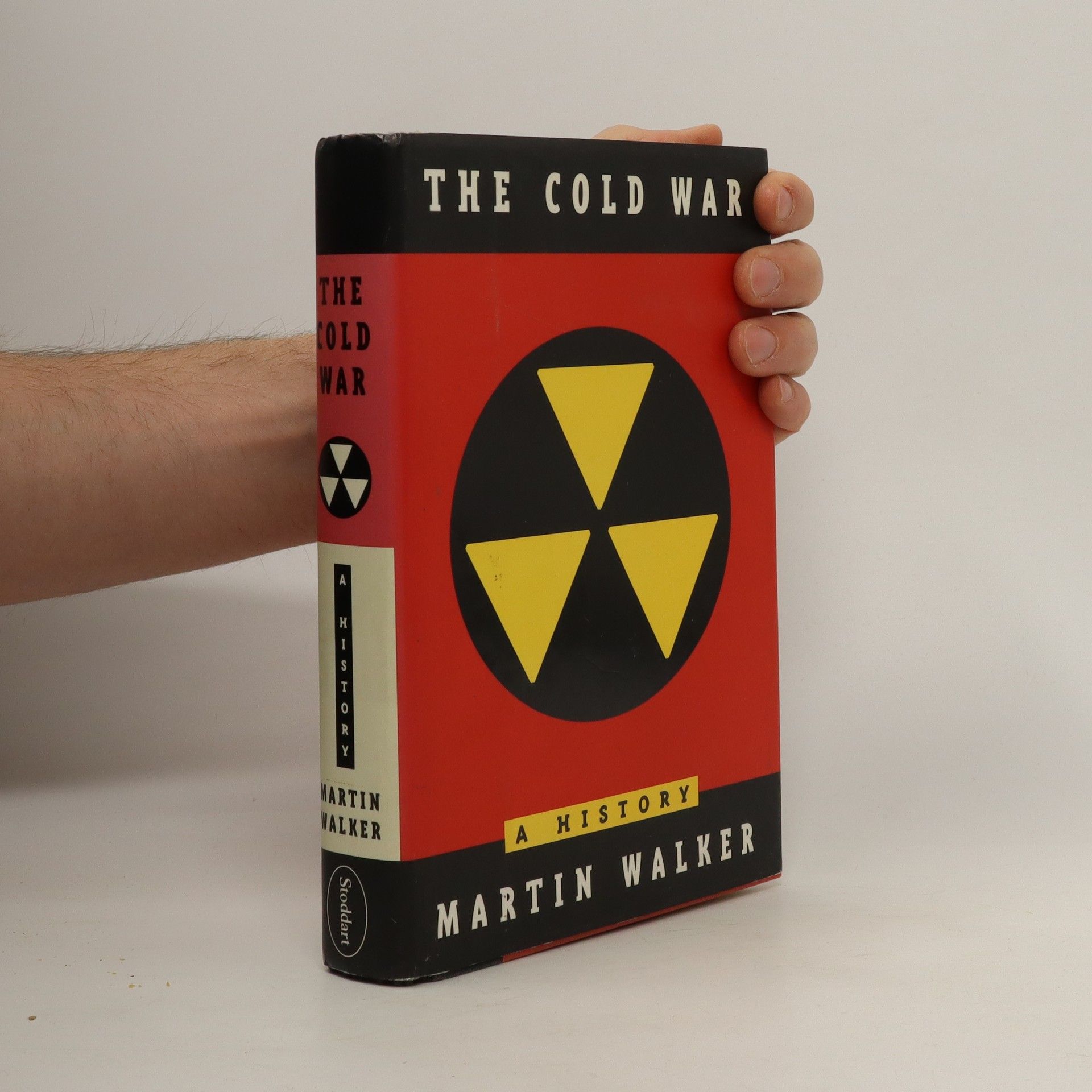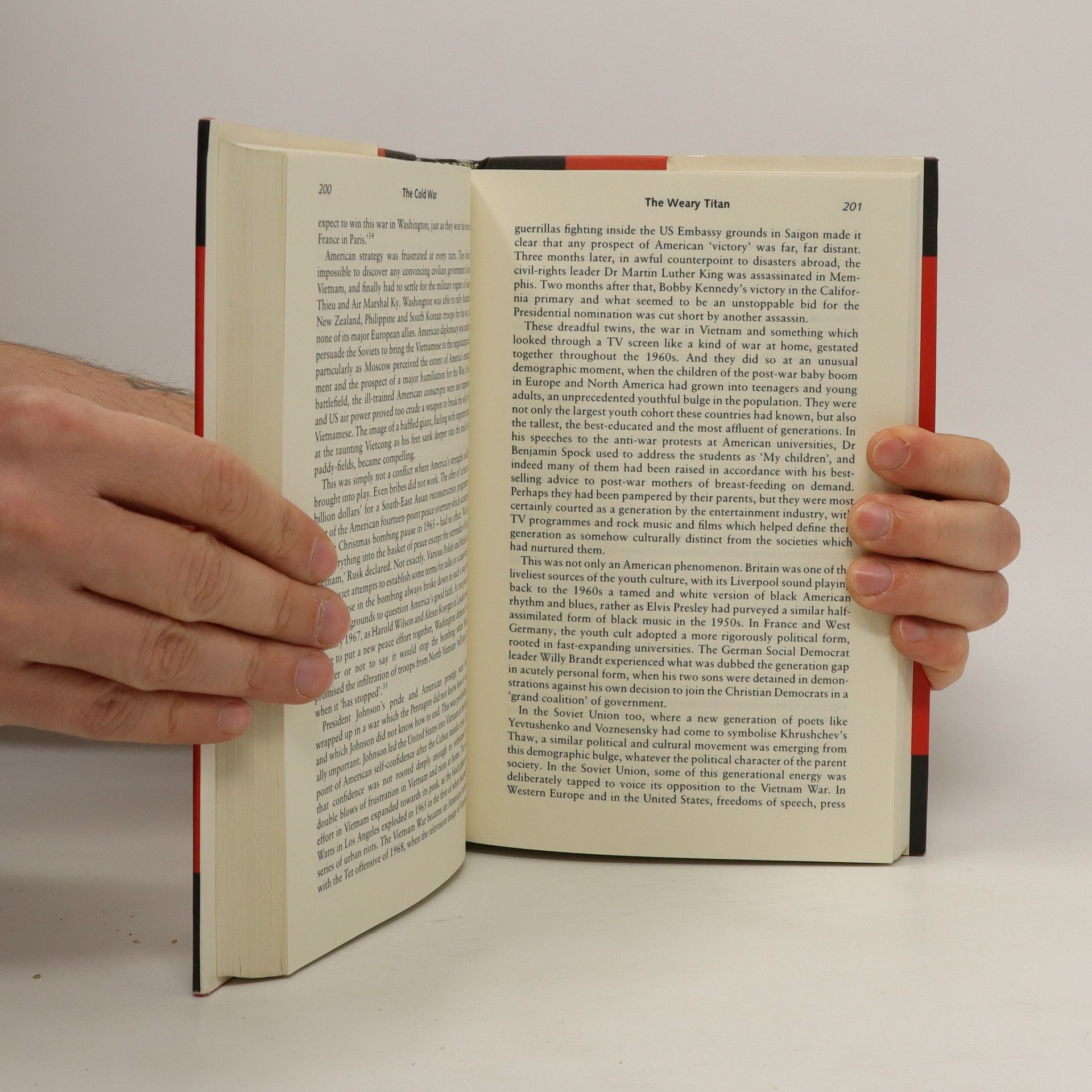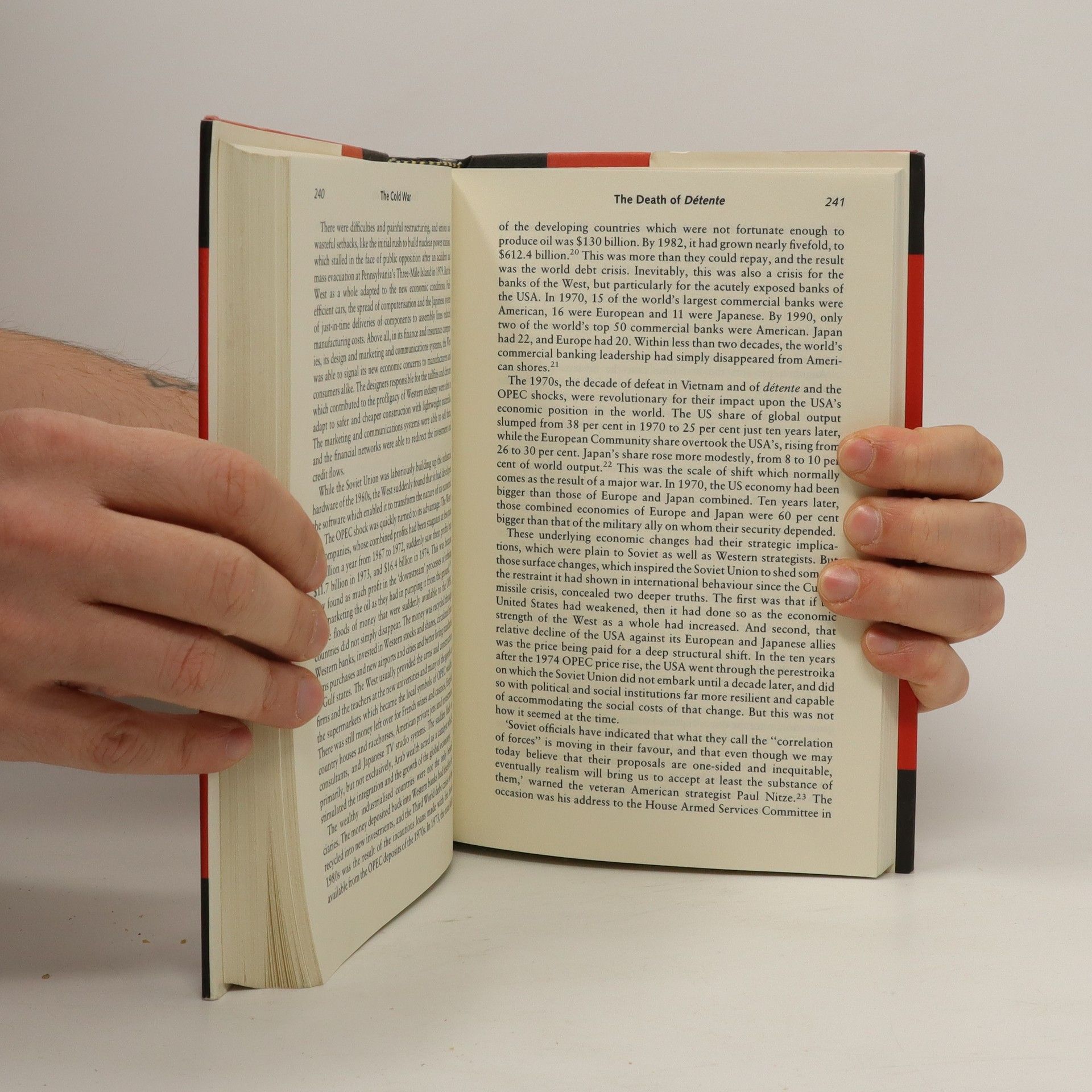Parametre
Viac o knihe
The author traces the course of the Cold War from Yalta in 1945 through the Korean War, the Kennedy-Khrushchev confrontations, Vietnam, the "New Cold War" during the Reagan administration, the advent of glasnost and perestroika under Gorbachev and the "year of miracles" (1989) which brought down the Berlin Wall. He is concerned with demonstrating, first, that the superpowers found limited responses to crises (the Berlin blockade and airlift didn't grow into a direct military confrontation; the Korean War didn't spread throughout Asia) and, second, how the stability resulting from the Cold War balance of power set the stage for a new international economic system. This cogent reevaluation of the Cold War as a form of economic competition argues that its end marked a shift away from the geo-strategic toward the geo-economic and an accelerated expansion of world trade.
Nákup knihy
The Cold War : a history, Martin Walker
- Jazyk
- Rok vydania
- 1994
- product-detail.submit-box.info.binding
- (pevná s prebalom)
Doručenie
Platobné metódy
Navrhnúť zmenu
- Titul
- The Cold War : a history
- Jazyk
- anglicky
- Autori
- Martin Walker
- Vydavateľ
- Stoddart
- Rok vydania
- 1994
- Väzba
- pevná s prebalom
- ISBN10
- 0773727922
- ISBN13
- 9780773727922
- Kategórie
- Politológia / Politika, Svetová história
- Anotácia
- The author traces the course of the Cold War from Yalta in 1945 through the Korean War, the Kennedy-Khrushchev confrontations, Vietnam, the "New Cold War" during the Reagan administration, the advent of glasnost and perestroika under Gorbachev and the "year of miracles" (1989) which brought down the Berlin Wall. He is concerned with demonstrating, first, that the superpowers found limited responses to crises (the Berlin blockade and airlift didn't grow into a direct military confrontation; the Korean War didn't spread throughout Asia) and, second, how the stability resulting from the Cold War balance of power set the stage for a new international economic system. This cogent reevaluation of the Cold War as a form of economic competition argues that its end marked a shift away from the geo-strategic toward the geo-economic and an accelerated expansion of world trade.



